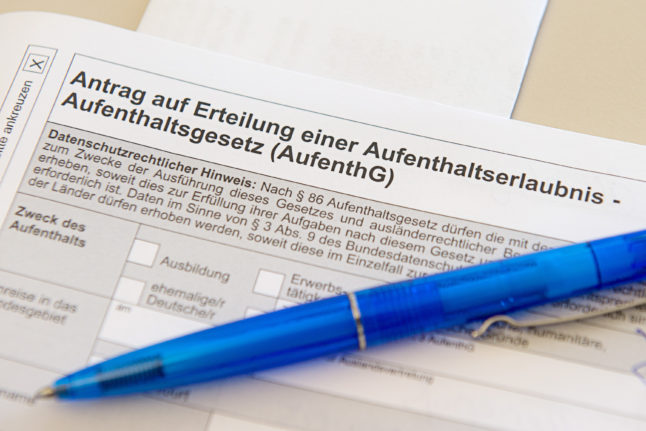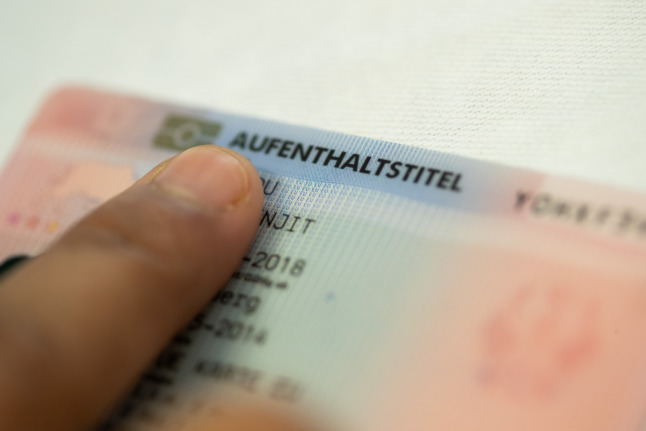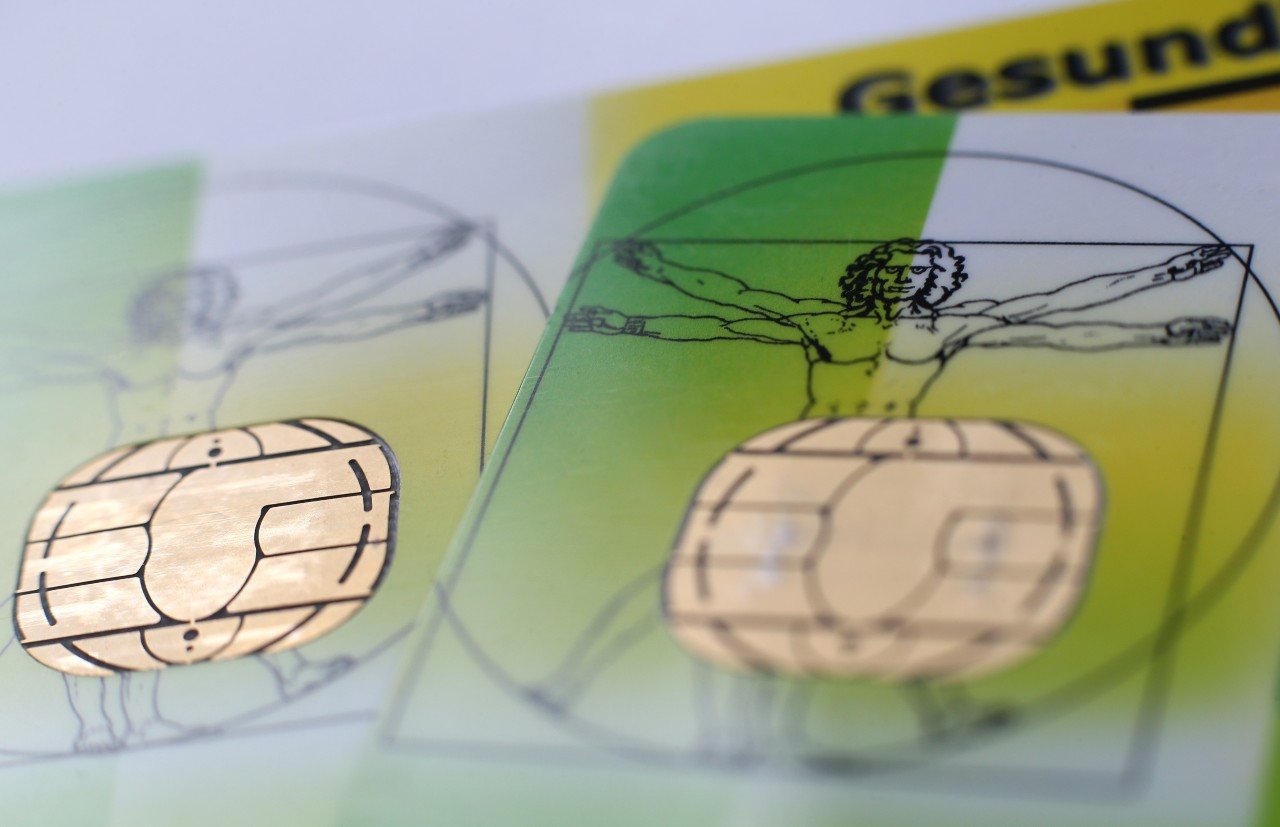“The protection of the German language should be anchored in constitutional law,” the general secretary for the CSU told daily Bild. “Respect for our German language is respect for our culture and our country, which we demand from all who live among us.”
Without a common language there can be no effective integration, Dobrindt told the paper, adding that anyone who avoided German was also avoiding properly integrating in the country.
In December 2008 members of Chancellor Angela Merkel’s conservative Christian Democrats, which are the sister party to the Bavarian CSU, suggested a similar move. At their party convention they proposed adding the phrase, “The language of the Federal Republic of Germany is German,” to the constitution.
Saarland state premier Peter Müller said at the time that the party needed to focus on what “the nation stands for,” adding that along with the nation’s flag the German language is paramount.
Party delegates ultimately voted in favour of the motion that if ever passed by parliament could change Article 22 of the constitution, which already states that Berlin is Germany’s capital, and the flag is black, red and gold.
The vote to anchor the language wording in the constitution, however, was seen in some political quarters as unnecessary patriotic chest-thumping by the conservatives.
DAPD/ka





 Please whitelist us to continue reading.
Please whitelist us to continue reading.
Member comments